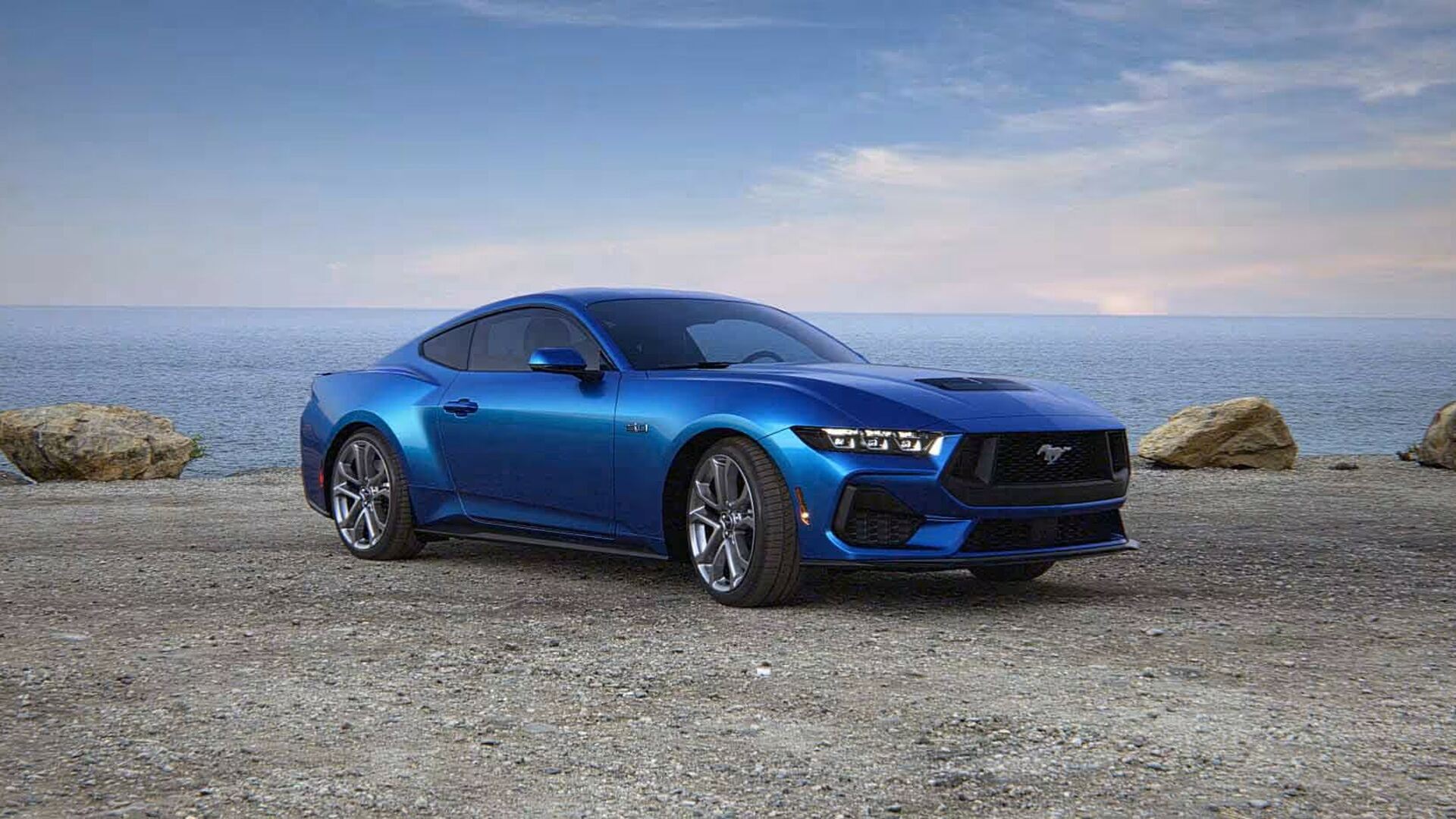Ford is delaying the launch of its larger electric SUVs in favor of prioritizing the development of affordable electric vehicles (EVs), including a small electric ute and SUV. The move is part of Ford’s strategy to introduce a new lineup of budget-friendly EVs to compete with Tesla and Chinese rivals.
According to Bloomberg, Ford’s upcoming family of affordable EVs will include a compact SUV, a small ute, and potentially a vehicle designed for ride-hailing services. The first model from this lineup is expected to hit the market in 2026.
The initial offering is projected to have a starting price of US$25,000 (A$38,141), positioning it below competitors such as the Chevrolet Bolt and potentially challenging Tesla’s forthcoming entry-level model. This pricing strategy aims to undercut Ford’s conventional vehicles like the Escape and Bronco Sport crossovers while remaining competitive with the Maverick ute.
To achieve affordability, the new EVs will utilize lithium iron phosphate (LFP) battery technology, although Ford is exploring additional battery technologies to further reduce costs. Ford’s goal is to ensure that these budget-friendly EVs become profitable within a year of their launch.

To expedite the introduction of these affordable EVs, Ford is postponing the release of a new electric three-row SUV, which was previously teased and slated for a 2025 launch. This SUV was intended to be an electric counterpart to the F-150-based Expedition SUV.
Ford CEO Jim Farley has confirmed the existence of a specialized team based in Irvine, California, consisting of fewer than 100 individuals. This team has been working independently from the company’s traditional framework for the past two years, developing a flexible platform capable of accommodating various vehicle types and integrating software and services.
Farley emphasized Ford’s commitment to cost efficiency in its EV products, acknowledging the competitive landscape dominated by affordable offerings from Tesla and Chinese OEMs. He noted a significant shift in the industry, with demand for high-priced EVs declining in favor of more accessible options.
Ford’s EV division has faced financial challenges, prompting the company to implement cost-saving measures. This includes delaying a planned investment in a new EV factory and anticipating losses exceeding US$5.5 billion (A$8.43 billion) on battery-powered models for the current year.

